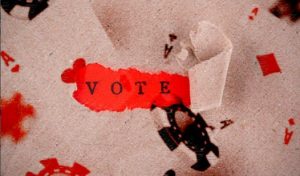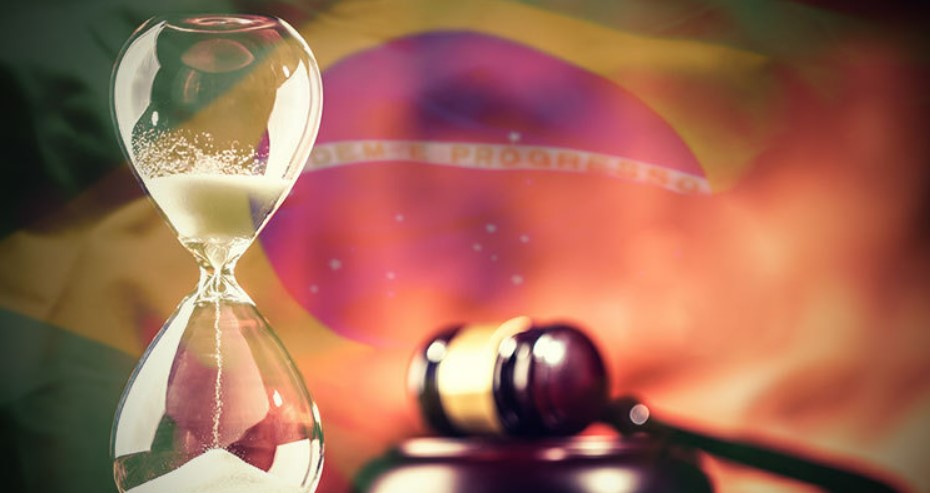Earlier this week, gambling legislation earned approval on the full floor of the Brazil House, with lawmakers approving Bill 442/91 by a vote of 246-202. The measure now heads to the Senate and if passed into law, would allow the country to offer casino and bingo gaming along with legalizing jogo do bicho.
The measure was actually introduced over three decades ago and focused solely on jogo do bicho, a lottery type drawing game. The measure was updated throughout the past few years to add more gambling options, including casinos, slot games, horse racing, and bingo.
Details of the Legislation
The bill seeks to allow all 26 states in Brazil the ability to create a casino venue in the form of an integrated resort. This type of option allows for more installations aside from casino gaming such as dining, hotels, and additional entertainment.

According to sources, the measure allows up to three casinos in Sao Paulo while Rio de Janeiro, Bahia, and Minas Gerais would be open to two venues each. Other Brazilian states could add one integrated resort.
License holders would have to complete a tender process with the highest bidder earning the license. Operators will not be allowed to have more than two licenses per state or five in total across the country.
The license fee is set at BRL$600,000 ($119,700) per venue. Those who want in on the online gambling sector will need to pay BRL$600,000 as well for licensing. Bingo licensing is much lower, costing only BRL$20,000 per venue. Jogo de bicho operators pay the same fee as bingo providers.
Online gambling will be allowed in Brazil, but unlicensed websites will be prohibited. Servers for the local licensed iGaming providers must be set up in the country.
Additional Details
Along with licensing fees, the legislation also dictates that gambling on credit will not be allowed. Operators will not have the option to provide a line of credit to players. Taxes on winnings will be set at 15%.
A new gambling supervisory authority will be created in Brazil if the legislation passes, known as SINAJ. The group will offer a federal registry, a supervising body, and betting agents. Brazil will also set up a service that will assist with problem gambling needs. The National Register of the Prohibited will work to identity and block problem gamblers.
For now, the measure heads to the Senate for consideration. If it is approved, President Jair Bolsonaro will need to ratify it before it can become law. The president can choose to veto the bill and has said he will, but the Senate can override the veto if they so choose.



